14th GCGI International Conference
And
The Fourth GCGI and SES Joint Conference, Lucca, Tuscany 2018
‘OUR SACRED EARTH: Spiritual Ecology, Values-led Economics, Education and Society Responding to Ecological Crisis’
CALL FOR PAPERS AND PARTICIPATION
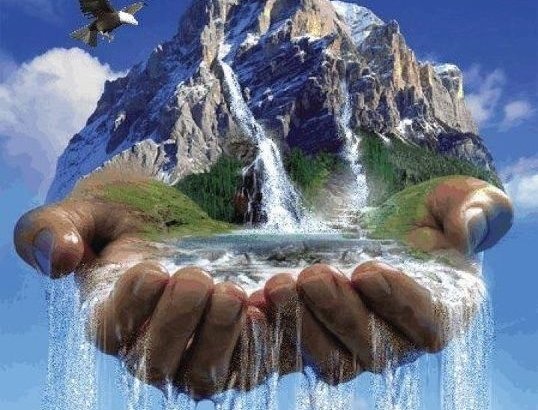
Photo:change.org
Globalisation for the Common Good Initiative
and
Fourth Joint Conference
28 August-1 September 2018
‘OUR SACRED EARTH:
‘Spiritual Ecology, Values-led Economics, Education and Society Responding to Ecological Crisis’
To be hosted at
Villa Boccella, Tuscany, Italy
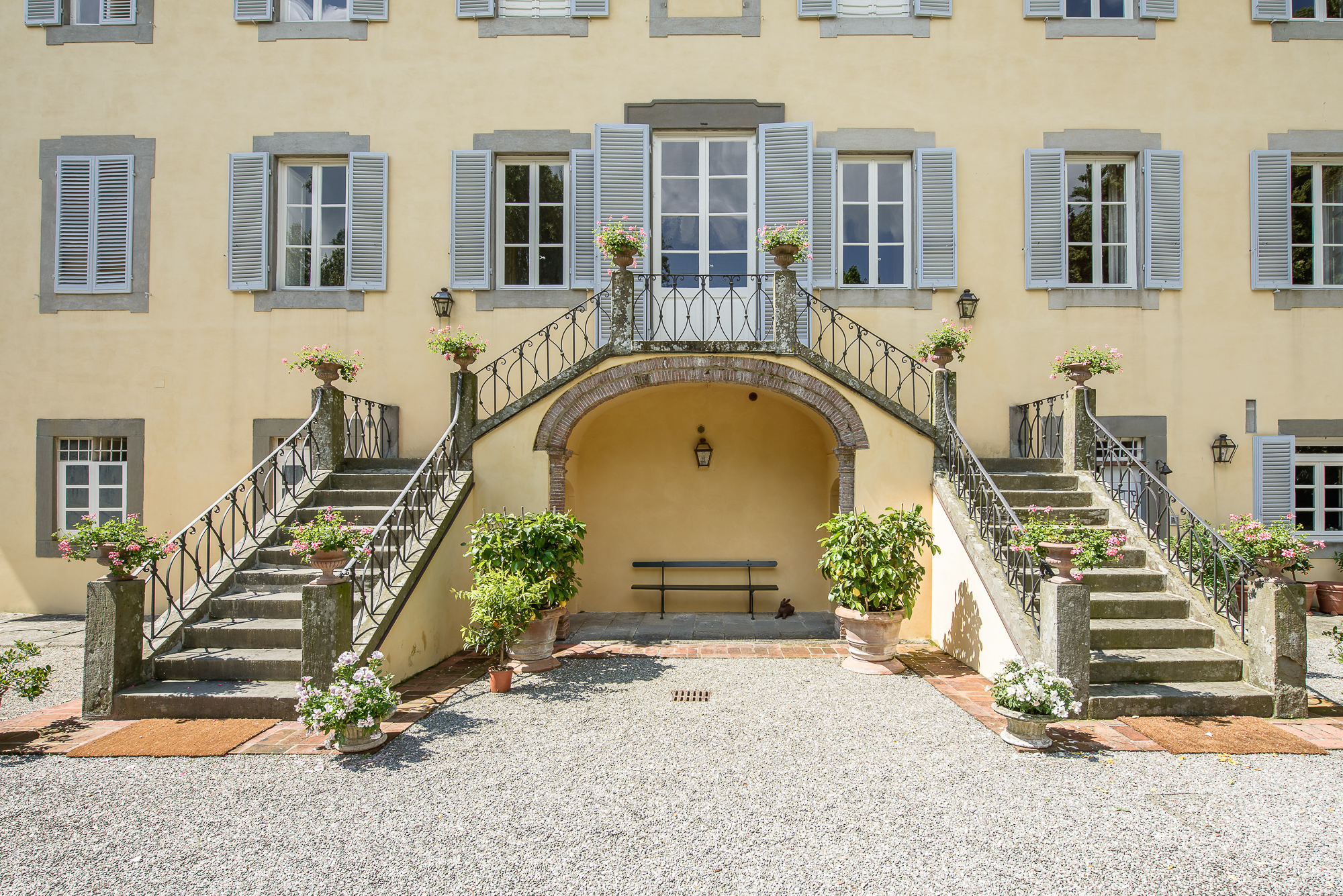
(A truly spiritual and inspirational place: This 17th Century Tuscan estate which is set amongst the hills of Northern Tuscany is very well situated, 10 Kilometers from the medieval city of LUCCA, one hour from the international airport of Pisa and about two hours from Florence. The Villa and estate belong to long-standing members of the School of Economic Science, and we are grateful to them for hosting the 2018 Joint Conference.)
CALL FOR PAPERS AND PARTICIPATION
From Oxford 2002 to Lucca, Tuscany 2018: Portrait of a Great Journey for the Common Good
Plater College, Oxford (2002) - St. Petersburg, Russia (2003) - Dubai, UAE (2004) - Nairobi and Kericho, Kenya(2005) - Chaminade University, Honolulu, Hawaii, USA (2006) - Fatih University, Istanbul, Turkey (2007) - Trinity College, University of Melbourne, Australia (2008) - Loyola University, Chicago, USA (2009) - California Lutheran University, Thousand Oaks, California, USA (2010) - Alexandria Bibliotheca, Alexandria, Egypt (2011—Postponed, due to the Revolution in Egypt) - School of Economic Science, Oxford Campus, Waterperry House, Oxford (2012) - Cité universitaire internationale, Paris (2013)- School of Economic Science, Oxford Campus, Waterperry House, Oxford (2014 and 2016)- Villa Boccella, Lucca, Tuscany (2018)

The First Joint GCGI-SES Conference, Waterperry House, 2012
The Second Joint GCGI-SES Conference, Waterperry House, 2014
The Third Joint GCGI-SES Conference, Waterperry House, 2016
The Zen Master Thich Nhat Hanh was asked
what we need to do to save our world.
"What we most need to do," he replied,
"is to hear within us the sound of the earth crying.”
‘Our present ecological crisis is the greatest man-made disaster this planet has ever faced—its accelerating climate change, species depletion, pollution and acidification of the oceans. A central but rarely addressed aspect of this crisis is our forgetfulness of the sacred nature of creation, and how this affects our relationship to the environment. There is a pressing need to articulate a spiritual response to this ecological crisis. This is vital and necessary if we are to help bring the world as a living whole back into balance.’-Llewellyn Vaughan-Lee
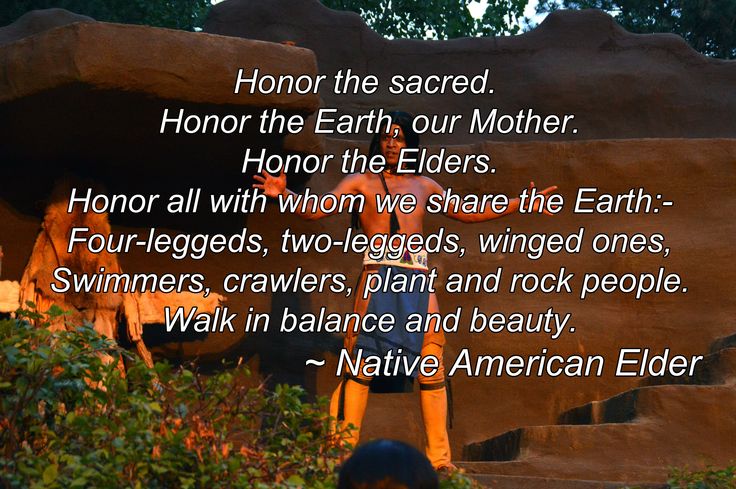
Part I- Introduction, Themes and Sub-themes
With a burgeoning human population and ever-increasing demands being made on the natural world, there is an urgent need for a new understanding of the human role and relationship with the Earth. This requires a deepening understanding of what it is to be human and how human imagination, energy, creativity and spirituality can work with natural forces for the mutual benefit of people and planet.
Globalisation for the Common Good Initiative (GCGI) and the School of Economic Science (SES) are convening this conference to consider what principles, policies and practices can lead humanity to a mutually enhancing relationship between people and the Earth? How can human society work for the benefit of all?
As Pope Francis has so wisely reminded us: “We have come to see ourselves as the lords and masters of the Earth, entitled to plunder her at will. The sickness evident in the soil, in the water, in the air and in all forms of life are symptoms that reflect the violence present in our hearts. We have forgotten that we ourselves are dust of the Earth; that we breathe her air and receive life from her waters.”
How can we then rise to the challenges of global environmental and ecological crisis? This is the fundamental and pertinent question at the heart of our Conference.
There is no doubt that, we’ve known the facts and figures about climate change for decades, and despite warnings from scientists about impending ecological collapse, no adequately serious political, economic or even environmental solution has been put forth. As scientist David Suzuki puts it:
“The environmental movement has failed, because although we now have laws that protect clean air, clean water, endangered species and millions of hectares of land – we have not changed the way people see the world.”
Thus, it seems that, until we address our underlying beliefs and attitudes towards the earth, then no real change will happen. As the Buddhist teacher, Thich Nhat Hanh says, “real change will only happen when we fall in love with the Earth,” and to fall in love with the earth means we need a relationship with her.
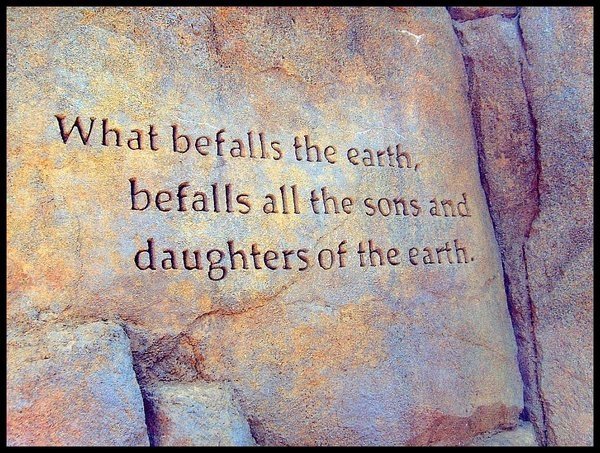
Our LUCCA Conference calls for an Inner Revolution. It is a call to become more mindful, more peaceful, more connected and more loving to ourselves, to each other and to the Earth. It urges us to change our “Descartes” inherited philosophical perspective of ourselves as separate from each other and the Earth and embrace our interconnectedness. It calls for us to grow beyond the selfish drives of our materialistic society, obsessed with consumerism and short-termism, and create a new way – moving from self-interest to mutual interest, reciprocity and interdependence; sympathy, empathy, fairness and justice for all. Throughout our daily dialogue and conversation, conference participants will be invited to explore how we can each make a difference and take urgent action to be the change in our daily lives, continuously echoing and reflecting on the question, “What am I going to do differently?”
LUCCA 2018 is an invitation to have a voice, to help shape our collective future and to take an active role in propagating the New Consciousness Revolution, and build a world in the interest of the common good; urgently needed to enable and empower us to imagine the better world we wish to build.
In short, environmental and ecological issues affect the stability and integrity of our sacred home, our Mother Earth. This conference hopes to challenge and equip us all to care and protect the world entrusted to us. Our aim is to respond to stories of hope that will equip and inspire us, with delegates able to contribute and participate by discussing these in their pre-selected conference stream, leading to ideas and statements to be presented in plenary session.
The conference is not mainly a series of lectures outlining the basic problems facing us. Instead, we hope that participants would come already well informed about the major issues and able to participate actively in their discussion stream. We plan to engage as widely as possible with all around us, by appreciating a deep and committed friendship, dialogue, conversation, debate, joy and laughter, grateful for the beauty and wisdom of nature, our wisest teacher. (For a background reading see: The Wisdom Corner )
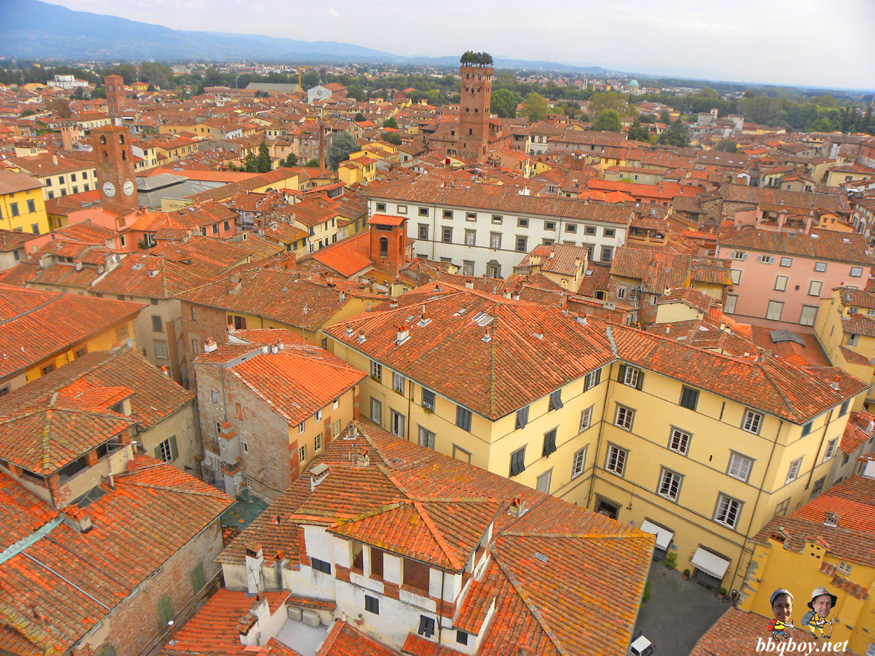
From the 28th August to 1st September 2018 our LUCCA Conference will consider and discuss these themes and topics with leading voices from around the world. The Conference will take place at the wonderful 17th Century Villa Boccella, at LUCCA in Tuscany, Italy (Villa Boccella, Tuscany, Italy).
We hope you will consider participating in our Joint Forum in Tuscany as a paper presenter, panel organizer, panel chair, discussant, storyteller or simply by attending.
Conference Sponsor and Exhibitor Opportunities
The Conference offers the opportunity to become a conference sponsor or exhibitor. To participate as a sponsor, exhibitor or to discuss organising pre-arranged panels, workshops and discussion groups, amongst others, please email the Conference’s joint co-conveners: Prof. Kamran Mofid at k.mofid@gcgi.info and Ian Mason at ianmason9@btinternet.com
Part II- The Four Main Themes of the Conference
1- Spiritual Ecology to Heal Our Troubled World
What is Spiritual Ecology?
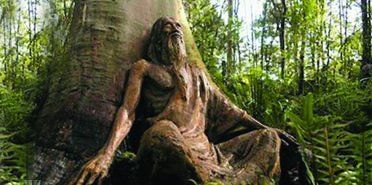
Photo: spiritualecology.org
‘Spiritual Ecology is a spiritual response to our present ecological crisis. It is a developing field that joins ecology and environmentalism with the awareness of the sacred within creation. It calls for responses to environmental issues that include spiritual awareness and/or practice. The principles of spiritual ecology are simple: In order to resolve such environmental issues as depletion of species, global warming, and over-consumption, humanity must examine and reassess our underlying attitudes and beliefs about the earth, and our spiritual as well as physical responsibilities toward the planet. Thus, ecological renewal and sustainability necessarily depends upon spiritual awareness and an attitude of responsibility.
Central to Spiritual Ecology is an understanding of the interdependence and living unity of the ecosystem. Real sustainability refers to the sustainability of the whole ecosystem rather than our energy-intensive, consumer-driven culture. This will require a re-evaluation of the central aspects of our materialistic culture as we move towards a way of life that is in harmony with the earth as a living whole, a culture that cares for the soul as well as the soil. Spiritual Ecology is not based upon any single religion or spiritual path, rather the primary recognition of the sacred nature of all of creation.’ Spiritual Ecology
2- Caring for the Creation
Mother Earth in Tears: Reconciling a Wounded Planet
“No generation has a freehold on this earth. All we have is a life tenancy.”
Forgiveness and Reconciliation- The restoration of friendly relations: We must begin to Heal the Wounds of our Planet, Our Mother Earth
The Healing of our Wounded Planet: Living a Life Committed to Justice, Peace and the Integrity of Creation
“If we can accept that we are the sum total of all past thoughts, emotions, words, deeds and actions and that our present lives and choices are coloured or shaded by this memory bank of the past, then we begin to see how a process of correcting or setting aright can change our lives, our families, our society, our country, our world and our planet.”
These days it is so easy to become numb, hopeless and helpless to the realities we face. We hear daily, or indeed, hourly, reporting of severe crises covering so many aspects of our lives, they even include our survival on the planet, our Mother Earth. Sometimes these crises seem larger than anything humans have ever seen before, at times so overwhelming.
So, what is there to be done? How can we come out of all these life-destroying crises?
Here is a solution from ancient Wisdom: We need harmony, peacefulness, contentment, kindness, generosity, sympathy and empathy, which can only come possible by showing loving kindness, which ultimately is guided by forgiveness and reconciliation, mutual understanding, dialogue, acceptance and respect.
“The practice of forgiveness is our most important contribution to the healing of the world.”
Reconciliation with Nature
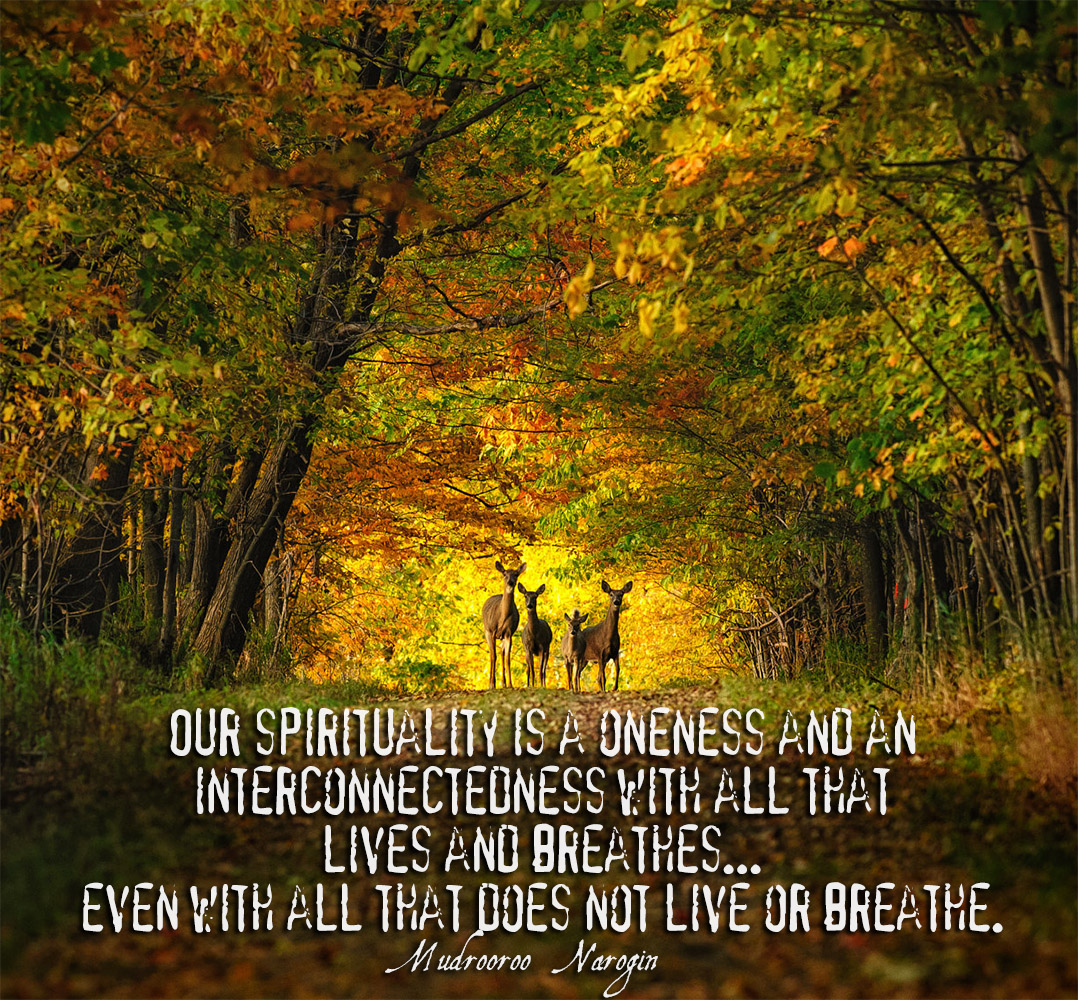
Photo:mindofnature.com
In a circular letter to the Roman Catholic Church released to the public in June 2015, Pope Francis calls for “an ecological conversion” of Christians so that they can change their destructive habits and make the duty to protect God’s creation a virtue and not an option aspect of the Christian experience.
The circular, also known as Laudato si of the environment, portrays an accurate picture of the gluttonous manner in which God’s children have destroyed the environment and warns of catastrophe to befall the earth if human beings do not change their attitude and take action to be responsible stewards of the earth.
Genesis 2:15 tells us that “the Lord God took the man and put him in the Garden of Eden to till it and keep it”. This simply means that man has an obligation to protect the environment from which he derives benefits.
The destructive actions by human beings are visible throughout the world. To crown it all, the phenomenon of climate change is not natural but it is due to human destruction of the environment. Climate change with accompanying vagaries (such as droughts, unpredictable weather conditions and an increase in natural disasters) has potential to destroy the entire environmental fabric on which people’s livelihoods depend.
Pope Francis’ environmental concerns are not only targeted at the Roman Catholic Church, but at each person because, as he says,” If we destroy nature, nature will destroy us all”.
The future that awaits the human venture: A Story from a Wise and Loving Teacher
“All creatures of Earth are looking to us for their destiny. Among these are our children and grandchildren, who depend on our decisions for the sustenance and flourishing of the life systems of the planet. This remains one of our primary challenges in the twenty first century.”-Father Thomas Berry, Evening Thoughts
As our home- the planet earth- faces the most dangerous century in its 4.5bn-year history, we look at Thomas Berry for his wise and passionate guidance on what does the future hold for our small blue planet and its inhabitants?
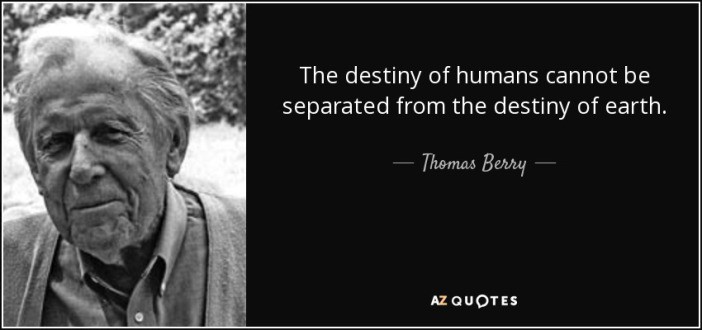
"It's the mystique of the mountains and the birds, the sea -- it's what makes us sing. It's what makes our literature. Even though we have worked out a mechanics that is fairly helpful, it doesn't give us an interior world. The natural world gives us an interior world. It gives us a healing presence, a fulfilling presence. By the term `presence' I mean that indwelling quality that manifests itself throughout the natural world. We find this awesome presence in the sun and moon and stars in the heavens, in the mountains and seas of Earth, in the dawn and sunset, in the forests and meadows and wildlife. We are immersed in an ever-renewing wonder-world that evokes our music and dance, our poetry and literature as well as our philosophical reflection and our scientific inquiry. None of our industrial productions brings such inspiration as we obtain from these sources."-Thomas Berry
3- Storytelling for the Common Good
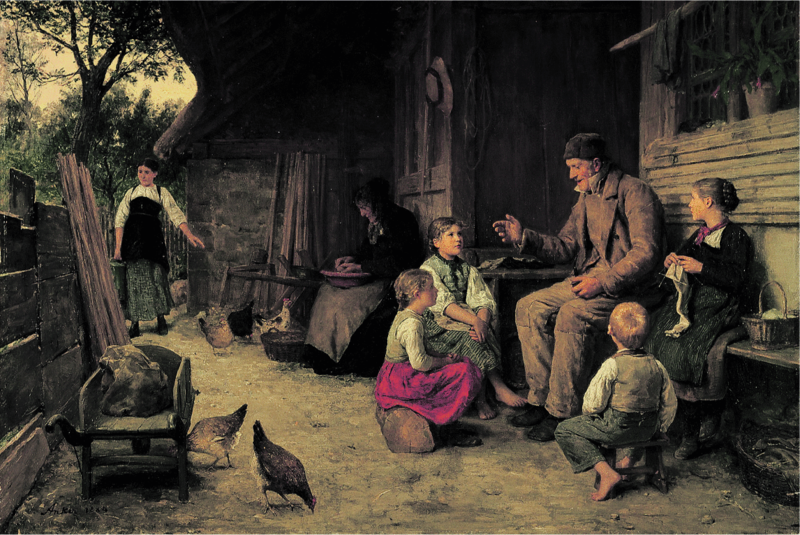
The Storyteller: Anker Grossvater, 1884, Museum of Art of Bern
Storytelling for the Common Good: Telling our Stories, Sharing the Wisdom
Call for Stories: GCGI- SES Joint Forum Tuscany 2018
As it has been observed, “For the first nomadic peoples who had no written language, storytelling was the only way to pass on knowledge of the world. Storytelling was their history and their science. The first cave paintings are visual records of the stories that were told at that time.
"With all the books and recordings available today, all the visual and aural records we now have, more stories are preserved than have ever been.
"But preserving stories does not keep storytelling alive. Books and movies and CDs do not create communities. They do not bring people together. It is only through storytelling – the interaction of the teller and the audience – that stories live and touch people. What the ear does not hear will not move the heart.”
Moreover, as it has been noted, “Once upon a time one way-back day, long ago and far away, before the beginning of time, before the beginning of everything, before there was a beginning, there was a storyteller.
"Storytelling is the beginning of everything. Storytellers were our first teachers, artists, philosophers, and priests. Stories told us how to understand the world. Stories are the roots of everything we know – our culture, our philosophy and our religion.
"Stories explained the inexplicable, from how the world was formed, to why the loon (diver) has a necklace. Stories provided our first entertainment. And stories brought us together to create our first communities.”
And as I have noted in my own story Coventry and I: The story of a boy from Iran who became a man in Coventry:
“Storytelling has the capacity to touch our deepest emotions and it can allow us to peer at beauty. We glance at our own creativity and breathe our own thoughts. But more than that: Storytelling is also a wonderful path to set ourselves free, by opening our hearts to others and letting them in; becoming one with one another.
Because, after all, as many have reminded us, the best way to know truth, wisdom or beauty is to try to express it and share it with others.”
I firmly believe that storytelling - opening our hearts to others - is instrumental in enhancing inclusion, social justice, cultural life, and improving physical and emotional health at the individual, local, national and international levels.
Moreover, storytelling nurtures both the young people and the older generation by providing a spiritual path to a meaningful and rewarding intergenerational dialogue, benefiting each group equally.
Storytelling also builds community. Storytelling, as has been noted, is a means of bridging gaps of cultural difference. Hearing another person’s story promotes empathy and recognition of a common humanity that is a basis for respecting human rights. Knowing and celebrating one’s own cultural stories builds self-esteem. Knowing and celebrating others’ cultural stories creates cross-cultural awareness and understanding."
So, here you have it. And now, with this project, I wish to invite you to share your story with us, open your heart and let us in, and watch how your friendship grows stronger and deeper, and experience enhanced physical and emotional well-being, as I did, when I wrote "My Coventry Story".
How to Submit your Story
A Common Good Story is an inspirational, true story about ordinary people having extraordinary experiences. It is a story that opens the heart and rekindles the spirit. It is a simple piece that touches our readers and your listeners (when presented orally at our GCGI Conferences and gatherings) and helps them discover basic principles they can use in their own lives. These stories are personal and often filled with emotion and drama. They are filled with vivid images created by using the five senses. In some stories, the readers feel that they are actually in the scene with the people.
The most powerful stories are about people extending themselves, or performing an act of love, service or courage for another person. Your story must be true. No fiction, no creative writing.
4- A Critical Look at the UN Sustainable Development Goals
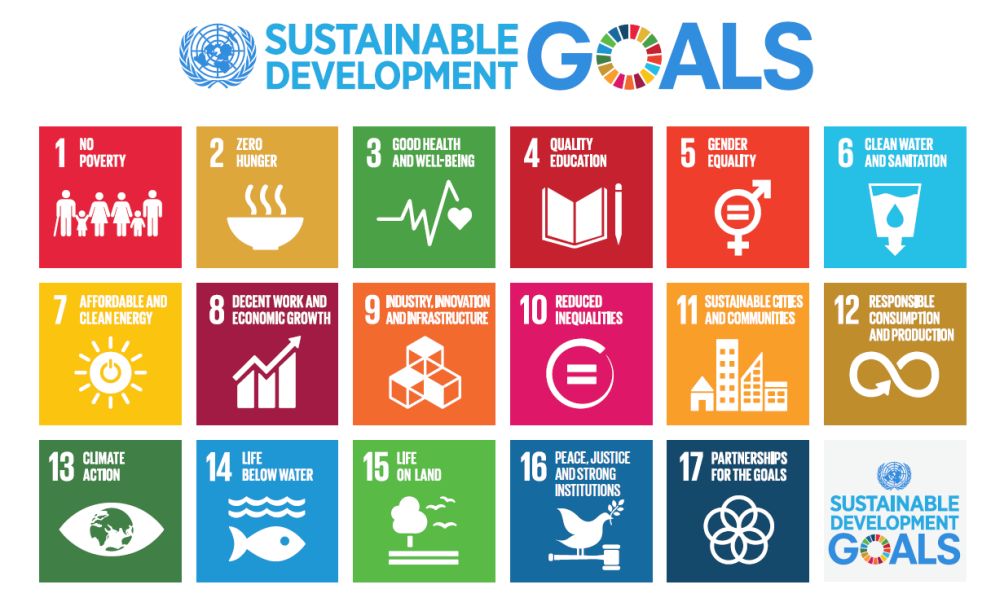
On September 25th 2015, countries adopted a set of goals to end poverty, protect the planet, and ensure prosperity for all as part of a new sustainable development agenda. Each goal has specific targets to be achieved over the next 15 years.
For the goals to be reached, everyone needs to do their part: governments, the private sector, civil society and people like us. Our Tuscany Conference hopes to reflect on these goals, the challenges and hopes.
If you wish to present papers, organise workshops, etc; with topics concerning the themes noted above, please contact the co-convener.
Part III- GCGI-SES Joint 2016 Conference: Guidelines for Abstract Submission
General Information
- Abstracts should be supplied in Microsoft Word (.doc)
- Please use Georgia as your font. 12 point or larger fonts should be used throughout, with the title presented in 14 font and Bold
- Present the title and author list centred, while the paragraphs of the abstract should be left justified. Please ensure that the presenting author’s name is underlined in the author list. Please also provide a contact e-mail.
- Please provide a short biographical note (not more than 100 words)
- Abstracts are limited to one page of text (not more than 500 words in total)
Submission of Abstracts
The conference welcomes abstracts from academicians, researchers, activists, organizers, officials, post-grad/ doctoral students, and others specializing in a range of disciplines, including, education, theology, philosophy, ethics, history, political science, international relations, conflict analysis and peace research, economics, business studies, law, sociology, media studies and journalism, psychology, health sciences and medicine, environmental studies and geography. Contributions are also invited from persons in government, civil society, diplomacy, law, the media, the health professions and business, as well as those involved in religious and Interreligious dialogue. Proposals that adopt an inter/multi-disciplinary, intercultural or Interreligious perspective are especially welcome.
Proposals should be received no later than 1 March, 2018. However, as places are limited, we very much welcome early submission of abstracts. All proposals will be assessed by an inter-disciplinary committee, and applicants will be informed of the Organizing Committee's decision in an ongoing process, so as to facilitate the applicants’ travelling arrangements and registration.
Paper Presentations
In addition to the keynote speakers and plenary sessions, it is envisaged that three parallel sessions/roundtables will also be organised to facilitate longer presentations and Q&A periods.
Presenters are strongly encouraged not to read their papers verbatim: draft papers, or at least a working summary of it will be available on the web site prior to the conference beginning. We hope that presenters will instead speak to the significant points raised in their papers, encouraging dialogue, engagement and a rewarding debate. The Conference does not accept papers for presentation in abstention or via electronic means.
Publications Process
All speakers should initially provide the Conference with a short version of their papers (up to 1500 words maximum) by 1 April 2018.
These papers will be posted on the GCGI Conference Homepage and will be made available to all the participants in advance of the Conference, to encourage a better and deeper understanding of the topics and more fruitful debate and dialogue. *(Please follow the same rules as those for the Abstract Submission, see above)
All papers accepted for and presented at the conference will be eligible for inclusion in our e-journal, GCGIJ
Selected papers may be invited to go forward for development into 15-20 pages chapters for publication in a themed ISBN hard copy volume. The decision whether to proceed to hard copy publication will be taken by the Organising Chairs, the host institute, the Steering Group, and the Conference Partners within four weeks of the conference close and is subject to availability of funding.
Please submit your abstract to Professor Kamran Mofid at k.mofid@gcgi.info and Ian Mason at ianmason9@btinternet.com

Part IV- GCGI-SES Joint 2018 Conference: Registration and Fees
(Please kindly note: The School of Economic Science is a non-profit making educational charity No 313115 registered with the Charities Commission in the United Kingdom. The philosophy and ethos of the School, which is in line with the values of the GCGI, is based on volunteerism and service for the common good. The Conference is made possible at this venue and price with the assistance of funding from the School of Economic Science in furtherance of its primary charitable objects which are to promote the study of natural laws governing human society and to promote the study of the laws, customs and practices by which people are governed.)
Full Conference Fee
The Full Conference Fee is £325.00 per person for all residential participants in shared (Double occupancy) accommodation. The fee covers room and board from the evening of Tuesday 28th August 2018 to the morning of Saturday 1st September 2018. Breakfast, lunch, evening meals, use of all of the Villas’ facilities and the on-site Gala dinner are provided within the Conference Fee. Most accommodation is in twin rooms. You will have the opportunity to specify a partner or travelling companion with whom you would like to share a room when you register online. Otherwise we will do our very best to ensure sensitive sharing arrangements.
There are a few single rooms for which the full conference fee is £450
For those who wish to make their own accommodation arrangements off-site a discounted conference fee of £195.00 will apply. For details of local accommodation please ask the Conference Organisers.
To register please go to ttps://ses.eventhq.co.uk/lucca-conference
If you have any questions or require more information about registration please contact Peter Holland: petermholland36@hotmail.com
Cancellation Policy:
For cancellation up to 120 days before the start of the event a refund of the total amount paid, less a 10% admin fee. For cancellation between 120 and 60 days before the event a refund of half the amount paid will be possible, less a 10% admin fee. For cancellation at 60 days before the event or later there will be no refund.
The Conference Organisers very strongly recommend that all participants obtain appropriate travel insurance to cover unforeseen circumstances. The School of Economic Science and the GCGI cannot accept responsibility or liability for accidents, illness or loss to participants travelling to and from Lucca.
